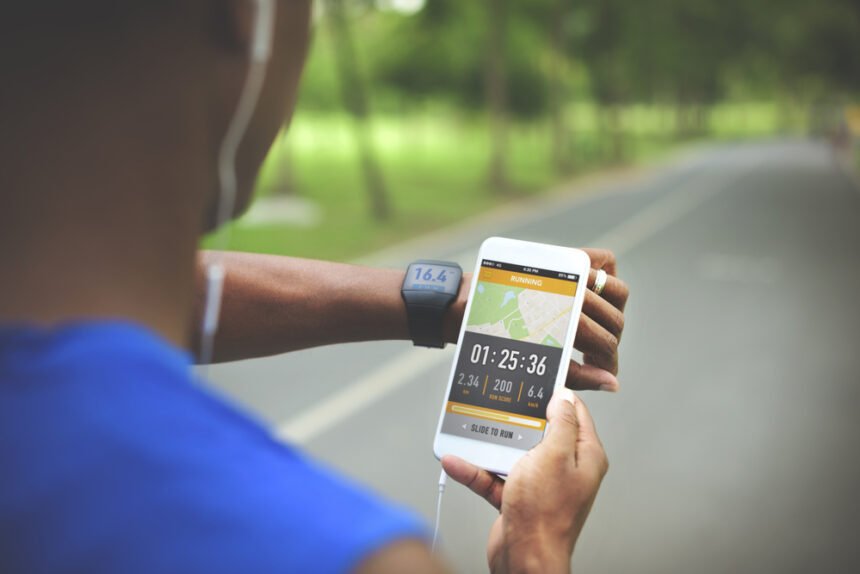Today, consumer technology is encroaching on every aspect of our lives. It dominates the living room, the kitchen, the office, the family room, even the bedroom. We have screens with cameras, speakers with microphones, and waffle irons that want to tell us jokes.
It is not just in our homes, but our doctor’s offices and hospitals. There is a very good chance that at this very moment, your doctor is making medical use of the same iPad you give to your kids. There is an excellent chance that the tablet you use for Candy Crush is more capable and secure than the computer in your doctor’s exam room. Consumer tech can make a real health difference in the hands of the right people. Here are some ways you can use that same tech to your own health advantage:
Use Your Browser to Find the Right Specialists in Your Area
It can be difficult to ask strangers to help you find a good behavioral health specialist. It can be even more difficult to ask friends and family. A good way to begin the process is from the privacy of your smartphone browser.
Not every clinic is easily accessible by browser. Mission Harbor Behavioral Health is a good example of a recovery resource that provides a mobile responsive website that is as easy to access as the full, desktop version. You can use your technology to search for resources that might not show up in your local dead tree directory.
With this resource, you will be able to make the call by tapping a button on the webpage, find out information like whether or not your insurance is accepted, and scheduling a visit. This is one of the simplest and most discreet ways to use the technology you carry with you in a way that can save your life.
Smartwatch for smarter living
Many lives have been saved just by the simple expedient of wearing an Apple Watch in the right place at the right time. The Series 6 Apple Watch continues the annual tradition of Apple adding yet another health-related sensor to entice yet more people to strap one to their wrist. This time, it is a pulse oximeter.
It doesn’t have to be an Apple Watch. Presently, the most significant health-based sensors in a wrist-worn device are fall detection, heart rate monitor, and pulse odometer. The latter is especially significant as a low oxygen reading can be an early indicator of Covid. The normal range is between 95 and 100. Do not mistake the readings as equal to the medically calibrated devices used by doctors and hospitals.
Smartphone Health Accessories
Did you know there were accessories that could turn your phone into a thermometer, blood pressure monitor, glucometer, and more? Health sensors have gotten smaller, more accurate, and less expensive.
One of the most useful features of these futuristic attachments is the ease in which one can keep track of all their important vitals and metrics. The readings are recorded and logged automatically for later analysis. If you have to keep track of your glucose levels throughout the day, you just as well do so in a way that makes it easier to track over time and share results with your doctor.
Tech That Helps You Hear What You’ve Been Missing
Bose makes a highly reviewed set of wireless neck buds that double as hearing enhancement devices. A few years ago, laws were reformed so that consumer technology companies could offer assistive devices for hearing. Before that, the hearing-aid industry kept options limited and prices exorbitant.
Today, more companies are getting in on the game. There was a time when the only good options on the market ran thousands of dollars and could only be prescribed by a specialist. Today, a person with mild hearing loss can use consumer-grade technology that keeps them conned to their devices, and also o the world around them.
It is truly astonishing what consumer electronics companies have accomplished in a short period of time. There was a time not so long ago when the ability to easily find qualified specialists, the ability to track ones vital health metrics’s, and the ability to improve one’s hearing was the purview of the rich or famous. Consumer technology has democratized health and wellness for people on every budget.

